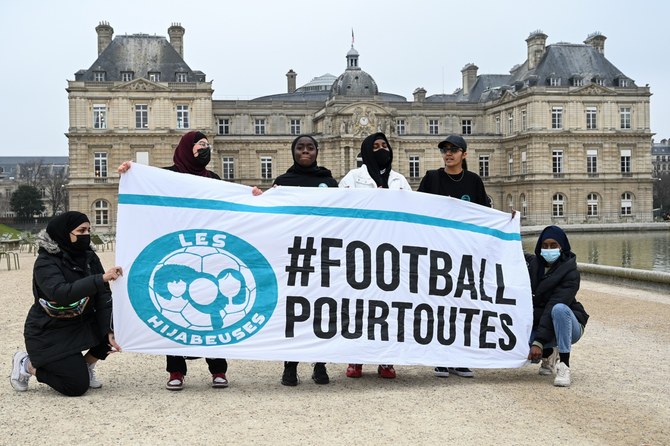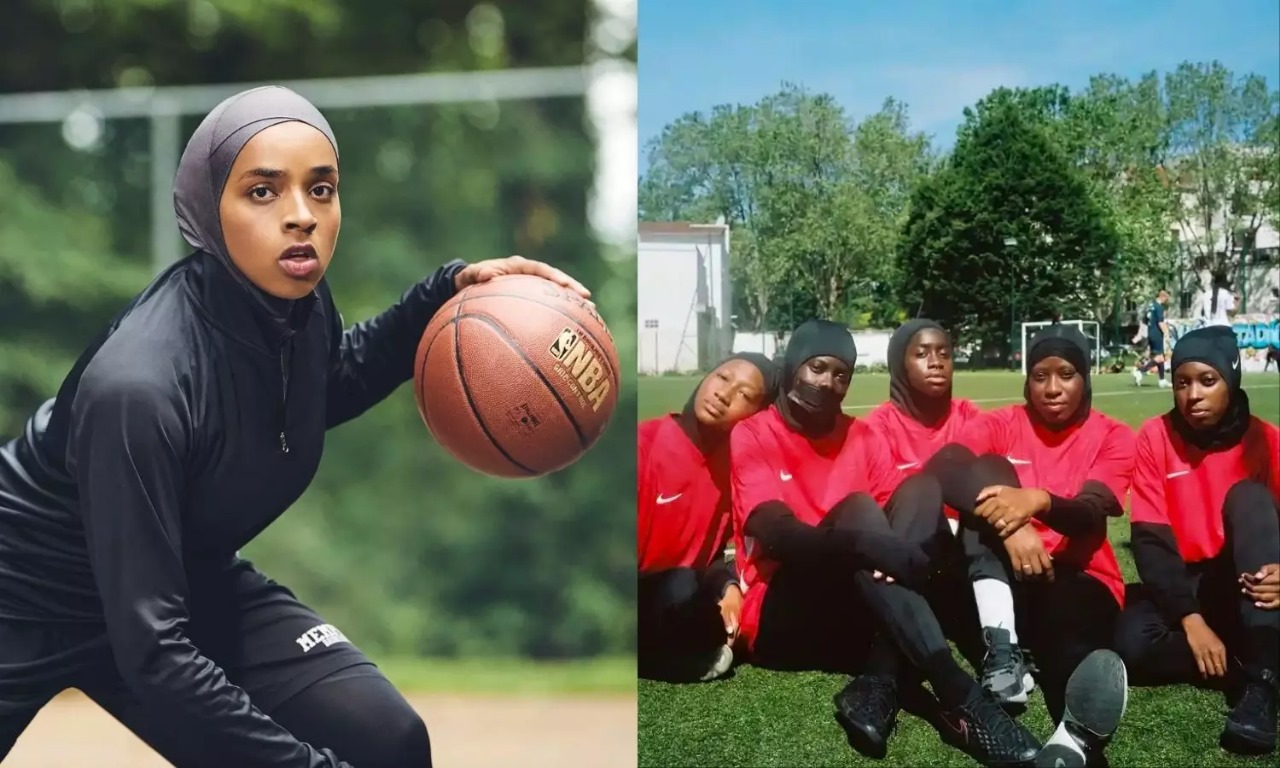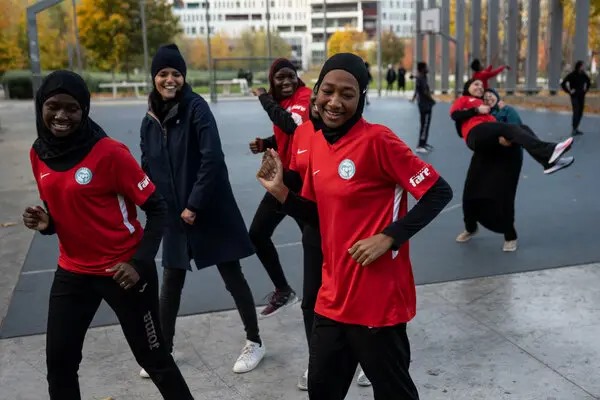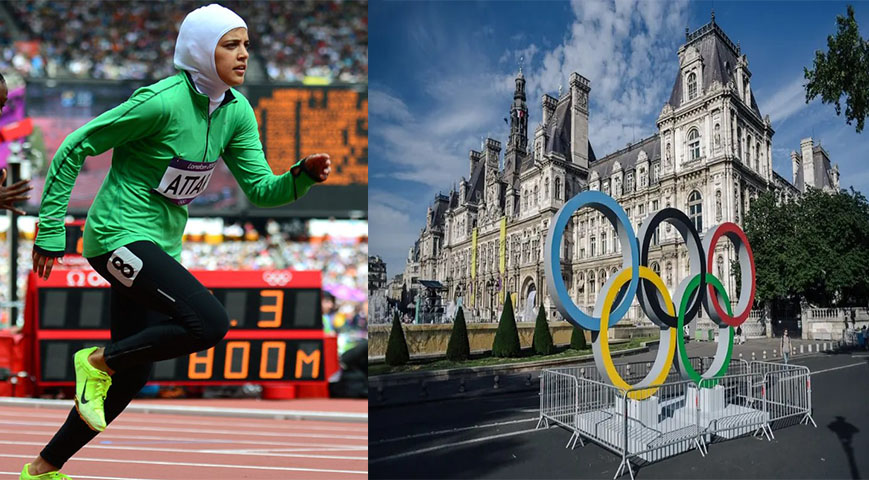The United Nations reinforced its disapproval of France's decision to ban hijab during the 2024 Paris Games.
"No one should tell a woman what she should or should not wear," UN rights office spokesperson Marta Hurtado told reporters in Geneva.

Hurtado's remark came after France's sports minister stated that competitors would be prohibited from wearing headscarves during the Games due to the country's strict secularism rules.
Did you read this?
On Sunday, Amelie Oudea-Castera, France's Sports Minister, stated that the government opposes the exhibition of religious symbols at sporting events.
"What does that imply?" That implies no proselytizing of any kind. That entails complete neutrality in public services," she explained to France 3 television.

"The France team will not wear the headscarf."
Hurtado avoided openly addressing France's attitude. However, she emphasized that the International Convention prohibits discriminatory practices by eliminating All Forms of Discrimination Against Women.
"Any state party to the convention -- in this case France -- has an obligation to ... modify social or cultural patterns which are based on the idea of the inferiority or superiority of either sexes," Hurtado said.

She defined this as situations "that address legitimate concerns of public safety, public order, public health, or morals in a necessary and proportionate manner."
In France, the subject of religious garb is central to the country's strict secularism standards. These are meant to maintain the state's impartial in religious affairs while ensuring citizens' freedom to practice their religion freely.
In some situations, such as state schools and civil officials, France's laws prohibit wearing "ostentatious" religious symbols.









